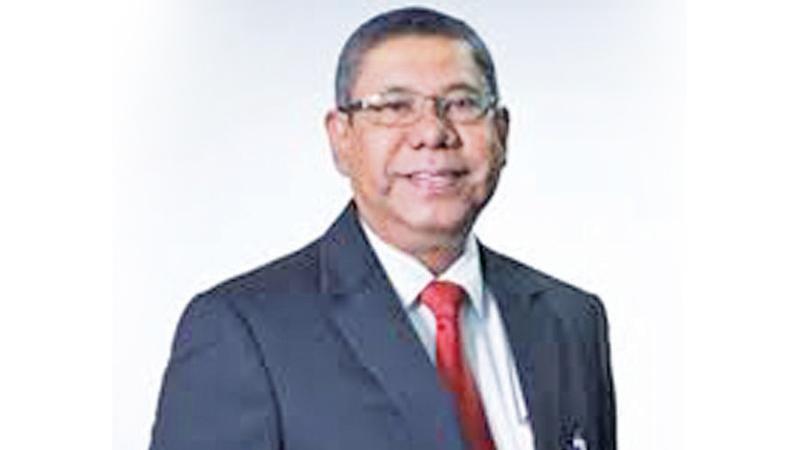
Confidence on the global economy among world CEOs is falling and disruption is mounting, key findings of the ‘2019 Global CEO Outlook’ Report launched by KPMG last week revealed.
In four major economies - Australia, the UK, France and China less than half of CEOs are confident in growing prospects for the global economy.
While 94 percent are confident in their own business’ growth prospects, only 62 percent feel the same way about the global economy.
In Sri Lanka, the confidence in the present political framework overshadows all decisions made, the findings show.
“A key focus for me is the evolving regulatory and policy landscape. It’s a really difficult thing to get your arms around because at the end of the day it changes,” CEO Fortitude Re James Bracken says.
The annual Global CEO Outlook based on a survey comprising input from 1,300 CEOs of world’s largest organisations discovers growing anxiety about existential threats from geopolitical volatility to cyber security. The report finds that in 2019 the growing anxiety has coalesced into significant concern about the uncertainty and volatility of today’s business environment.
A key finding of this year’s outlook is climate change rising up the risk agenda from fourth in 2018 to the number one risk this year.
Global Head Asset Management KPMG Tom Brown sees climate risk topping the agenda as a welcome sign that CEO and investor views are coming closer together.
The CEO Outlook notes that agility is the driving force of corporate excellence.
KPMG International Chairman Bill Thomas says one of the most compelling findings in this year’s Global CEO Outlook is that over two-thirds of chief executive officers believe that agility is the new currency of businesses. If they fail to adopt to a constantly changing world their businesses will become irrelevant.
The report notes that social, economic and technological headwinds seen in recent years are no longer short term. While CEOs continue to see exciting growth opportunities they are set against a complex, volatile and increasingly uncertain environment.
“To be resilient organisations need to be comfortable disrupting their business models if they want to continue to grow. This is what it mean by being agile,” Thomas said.
Today 63 percent of CEOs say that rather than waiting to be disrupted, their organisation is actively disrupting its sector up from 54 percent in 2018.
“In recent times resilience has been a top priority for governments in the region and transformation with a view to diversify their economies, create wider opportunities and propel economic growth,” Chairman MESA region-KPMG Reyaz Mihular said.
The findings notes that a significant amount of disruption stemming from technology space which are reshaping business models across industries regionally and globally.
Business models that lasted for decades are now under increasing threat as a result of digital disruption and CEOs must disrupt the traditional business models that are entrenched in their organizations, driving new digital revenue streams.
The outlook also notes that to master resilience, CEPOs must drive an orgnisation-wide digital reinvention. Cyber security plays a pivotal part in the drive to change.
In 2019, 69 percent of CEOs say a strong cyber strategy is critical to build thrust with key stakeholders, up from 55 percent in 2018.
The report also highlights importance of up-skilling workforce to meet challenges. Forty four percent of CEOs plan to up skill more than half of their workforce, but less than a third (32 percent) priorities workforce investments over technology investments.
Another revelation is that only 16 percent of organisations have implemented Artificial Intelligence (AI) in the automation of some of their processes.
Eight four percent of CEOs say they want a culture where it is accepted that errors and mistakes are part of the innovation process, but only 56 percent say that culture is in place.
The CEO outlook does not capture the views of Sri Lankan chief executives on the importance of being agile in adopting business plans and strategies to meet changes in the aftermath of the Easter attacks as the report had been finalised before the April 21 attacks.
